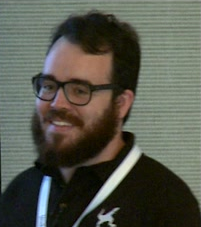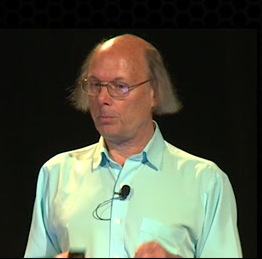CppCon 2014 C++11 in the Wild: Techniques from a Real Codebase--Arthur O'Dwyer
 While we wait for CppCon 2015 in September, we’re featuring videos of some of the 100+ talks from CppCon 2014. Here is today’s feature:
While we wait for CppCon 2015 in September, we’re featuring videos of some of the 100+ talks from CppCon 2014. Here is today’s feature:
C++11 in the Wild: Techniques from a Real Codebase
by Arthur O'Dwyer
Summary of the talk:
This talk presents several reusable constructs from a production C++11 codebase, each of which would not be possible without C++11's new features. Auto() is what Alexandrescu's ScopeGuard looks like after a dozen years of C++ evolution. make_iterable() constructs a container from a pair of iterators, enabling simple "foreach" iteration over legacy containers. spaceship() is an efficient "strcmp" for tuples. Time permitting, we'll look at some more arcane code samples.

 If you are confused about the topic, read this article:
If you are confused about the topic, read this article: While we wait for CppCon 2015 in September, we’re featuring videos of some of the 100+ talks from CppCon 2014. Here is today’s feature:
While we wait for CppCon 2015 in September, we’re featuring videos of some of the 100+ talks from CppCon 2014. Here is today’s feature: While we wait for CppCon 2015 in September, we’re featuring videos of some of the 100+ talks from CppCon 2014. Here is today’s feature:
While we wait for CppCon 2015 in September, we’re featuring videos of some of the 100+ talks from CppCon 2014. Here is today’s feature: